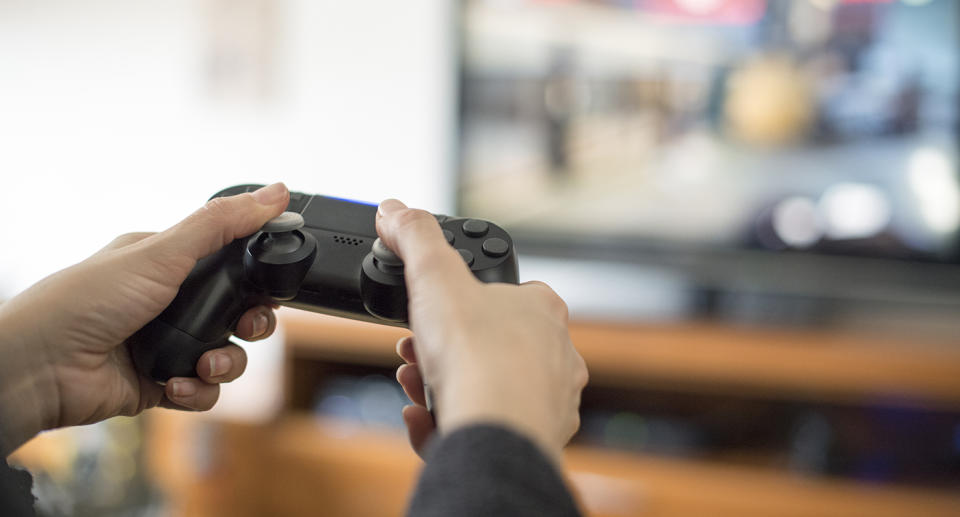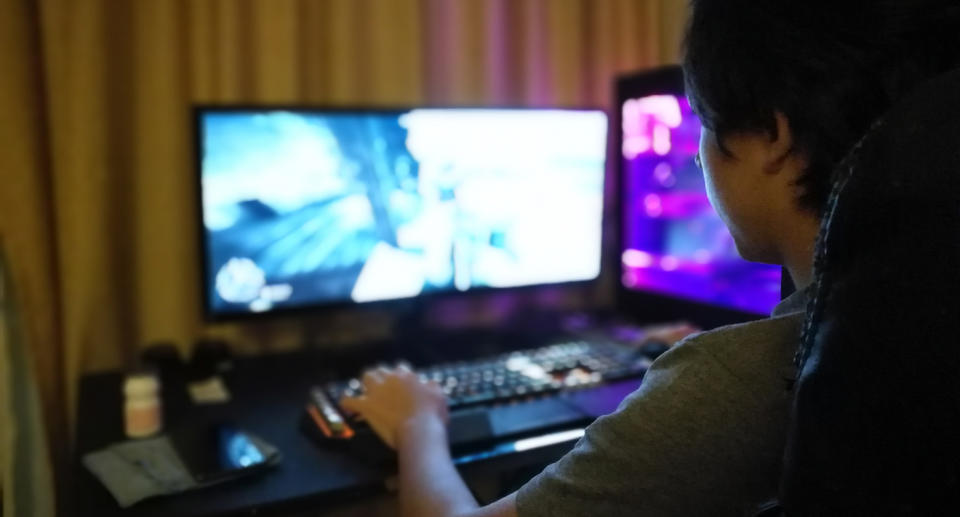'Gaming disorder' diagnosed as mental health condition
Many parents will have thought it for a long time, but they now have a new argument to limit their children’s ‘screen time’ after addiction to video games was recognised as a mental health disorder.
The World Health Organisation’s latest reference bible of recognised and diagnosable diseases describes addiction to digital and video gaming as “a pattern of persistent or recurrent gaming behaviour” that becomes so extensive that it “takes precedence over other life interests.”
WHO said classifying “gaming disorder” as a separate addiction will help governments, families and health care workers be more vigilant and prepared to identify the risks. The agency and other experts were quick to note that cases of the condition are still very rare, with no more than up to 3 per cent of all gamers believed to be affected.

Dr. Shekhar Saxena, director of WHO’s department for mental health and substance abuse, said the agency accepted the proposal that gaming disorder should be listed as a new problem based on scientific evidence, in addition to “the need and the demand for treatment in many parts of the world.”
The statement confirmed the fears of some parents but led critics to warn that it may risk stigmatising too many young video players.
Dr Joan Harvey, a spokeswoman for the British Psychological Society, warned that the new designation might cause unnecessary concern among parents.
“People need to understand this doesn’t mean every child who spends hours in their room playing games is an addict, otherwise medics are going to be flooded with requests for help,” she said.
Others welcomed WHO’s new classification, saying it was critical to identify people hooked on video games quickly because they are usually teenagers or young adults who don’t seek help themselves.
“We come across parents who are distraught, not only because they’re seeing their child drop out of school, but because they’re seeing an entire family structure fall apart,” said Dr. Henrietta Bowden-Jones, a spokeswoman for behavioral addictions at Britain’s Royal College of Psychiatrists. She was not connected to WHO’s decision.

Bowden-Jones said gaming addictions were usually best treated with psychological therapies but that some medicines might also work.
Dr Mark Griffiths, who has been researching the concept of video gaming disorder for 30 years, said the new classification would help legitimise the problem and strengthen treatment strategies.
“Video gaming is like a non-financial kind of gambling from a psychological point of view,” said Griffiths, a distinguished professor of behavioural addiction at Nottingham Trent University.
“Gamblers use money as a way of keeping score whereas gamers use points.”


